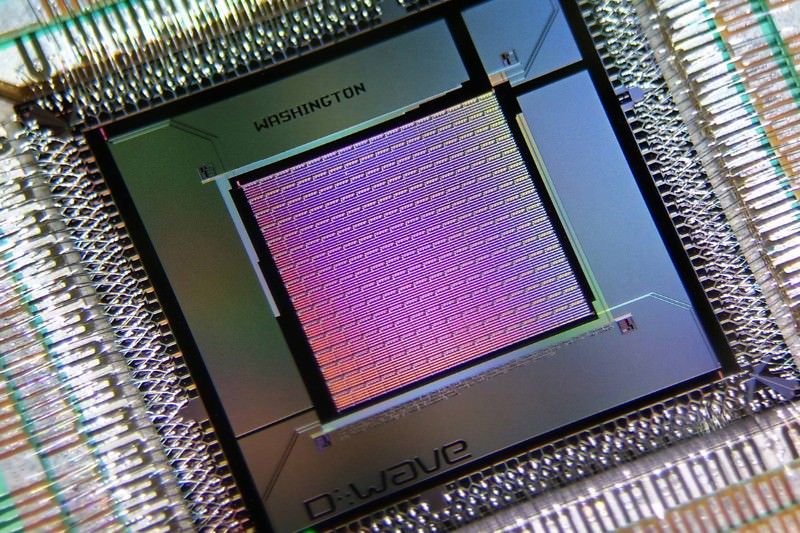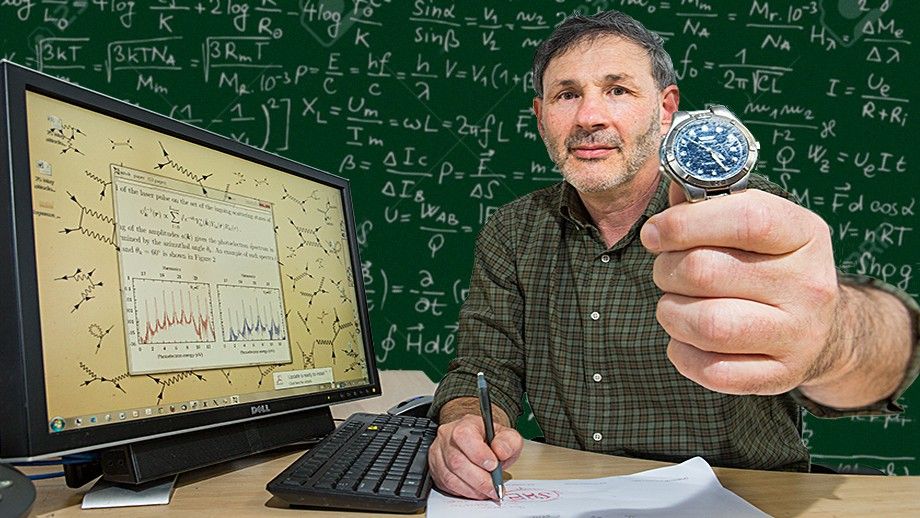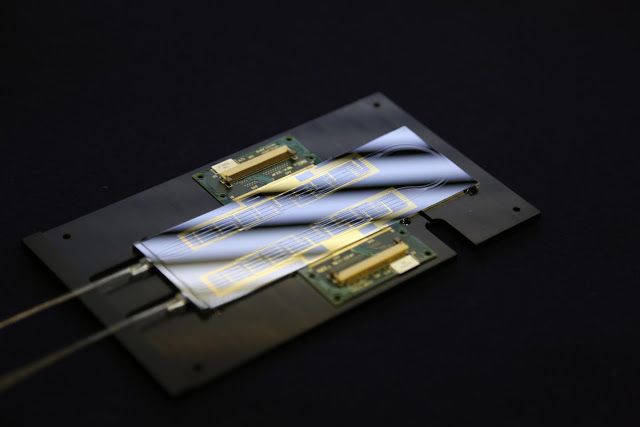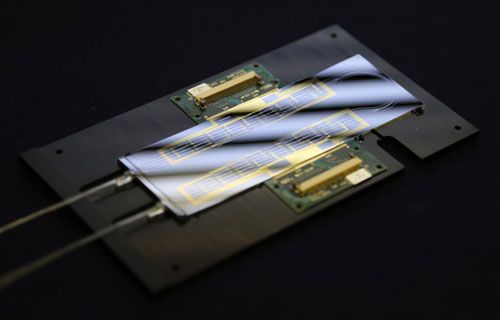Intel today announced plans to invest $50 million over the next ten years as part of a quantum computing push to help solve problems such as “large-scale financial analysis and more effective drug development.”
But despite the ambitions and huge cost of the project, company vice president Mike Mayberry admits that “a fully functioning quantum computer is at least a dozen years away.”
The money will be channeled through QuTech, the quantum research institute of Delft University of Technology, and TNO, with Intel additionally pledging to commit its own “engineering resources” to the collaborative effort.








